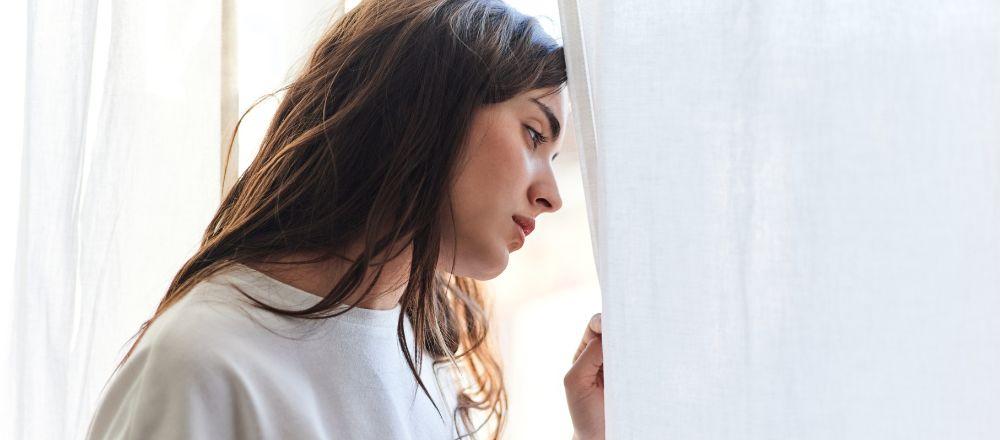Job loss, financial insecurity, and income inequality are all economic stresses that can lead to anxiety and stress. Not only that, but continual access to technology and social media can contribute to emotions of social comparison, FOMO (fear of missing out), and greater exposure to unfavorable news and events.
It is critical to recognize that the rise in anxiety and panic episodes is a complicated issue involving several elements. Furthermore, increasing understanding and recognition of mental health concerns may be leading to a rise in the number of people seeking treatment for anxiety and panic attacks.
What is anxiety and what are its symptoms?
Anxiety can emerge when a person is afraid that something awful will happen. It typically refers to apprehension or anxiety about a certain subject or concern. Anxiety symptoms include faster breathing and dizziness.
Anxiety may be a stress reaction. Anxiety can result in bodily symptoms that people may refer to as an anxiety attack. These are some examples:
- feeling dizzy and lightheaded a churning sensation or “knot” in the stomach
- restlessness
- quicker breathing
- diarrhea sweating
- heat flushes
What is a panic attack and what are its symptoms?
A panic attack is a brief period of acute dread that results in strong bodily symptoms in the absence of any real danger or apparent cause. Panic attacks may be terrifying. Several of the following indications or symptoms are common in panic attacks:
- Fear of imminent disaster or peril
- Fear of losing control or dying
- Heart rate that is racing and thumping
- Sweating
- Shaking or trembling
- Shortness of breath or throat tightness
- Chills
Panic attack vs. anxiety attack treatment and medicine
See a doctor about alternative therapies for anxiety and panic attacks. The following are some therapies that they may discuss with you.
- Psychotherapy and counseling: Talking therapy for anxiety and panic disorders might include the following, frequently in combination.
- Cognitive behavioral therapy (CBT): This sort of treatment can help you see things in a different light. A counselor can assist you in developing techniques for dealing with triggers when they emerge.
- Cognitive therapy can help you identify, reframe, and eliminate the harmful beliefs that typically accompany an anxiety problem.
- Exposure therapy includes controlled exposure to events that cause fear and anxiety, which might help you learn to approach those concerns in a new way.
- Relaxation techniques include breathing exercises from Trusted Source, guided imagery, progressive relaxation, biofeedback, and autogenic training. Some of these can be discussed with a doctor.
- Individual sessions, group sessions, or a combination of the two may be recommended by a doctor.
Medication
Medications that your doctor may give are as follows:
- Antidepressants include selective serotonin reuptake inhibitors (SSRIs) and serotonin-norepinephrine reuptake inhibitors (SNRIs) (SNRIs).
- Beta-blockers: These drugs can assist with physical symptoms such as a fast heart rate.
- Anti-anxiety medications include benzodiazepines, a sedative medicine that can immediately decrease symptoms.
- Any of these medications might have negative side effects. SSRIs and SNRIs are intended for long-term usage, and the effects might be felt gradually. Because of the considerable danger of dependency, benzodiazepines should only be used for brief periods of time.
- A doctor will frequently propose a mix of therapies. They may also need to change your treatment strategy as time goes on.
Why should you buy anxiety medication from Pharmauniversal?
We provide a wide selection of anxiety medications that will help you combat your anxiety while causing no adverse effects. We provide anti-anxiety medications at very low costs and without a prescription. If you want to learn more, please visit our website right away.

